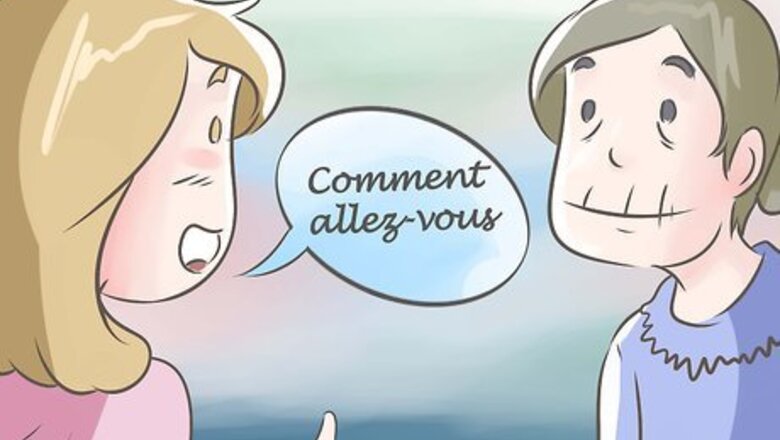
views
Asking the Question
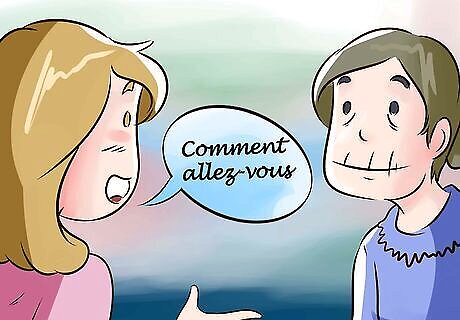
Politely ask, "Comment allez-vous?” This is the standard phrase used to ask someone how he or she is. It can be used in any situation, but it is most frequently associated with formal situations, strangers, and elders. The correct pronunciation of the phrase is kom-mohn tay-lay voo. Comment means "how." Allez is a conjugated form of the verb "aller," meaning "to go." Vous means "you." A more literal translation of this phrase would be, "How do you go?"

Ask friends and family "Comment ça va?" This is a less formal, more casual way of asking someone how he or she is, so it should only be used for people with whom you are familiar. This phrase is roughly pronounced, koh-mohn sah vah. Comment means "how." Va is another conjugated form of the verb aller, meaning "to go." On its own, ça is a pronoun meaning "it." A more literal translation would be, "How does it go?"
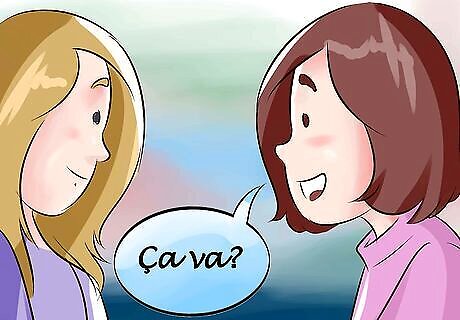
Shorten the question to "Ça va?" A very informal way of asking “how are you?” is to simply ask, “ça va?” Pronounce the question as sah vah. A more literal translation would be, “does it go?” It is, however, somewhat similar to asking someone in English, “What's up?”
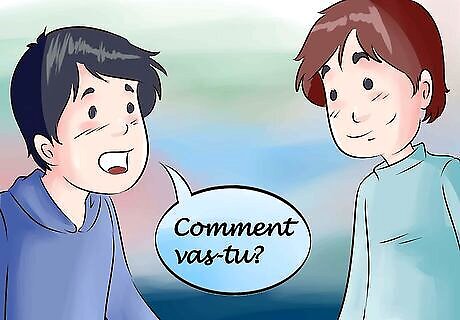
Change it to "Comment vas-tu?" While similar to the formal, polite form of the question, this phrase is used in casual settings among friends. Pronounce this question as koh-mohn vah too. Comment means "how," vas is a conjugated form of the verb "aller," and tu is an informal way to say "you." Translated literally, the question asks, "How do you go?"
Responding to the Question
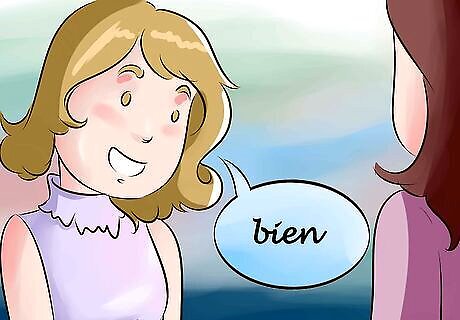
Respond positively with "bien." The term "bien" means "well." You can use the term on its own to answer that you are well, but it is also commonly used as part of a phrase. Pronounce the term, bee-ehn. "Je vais bien" is an extended response meaning, "I am doing well." "Très bien" means "very well." "Bien, merci" means "well, thank you." "Tout va bien" means "all good." "Assez bien" means "quite good." "Ça va" means "fine."
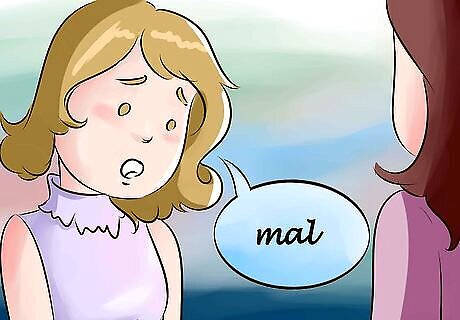
Reply negatively with “mal.” Like its positive counterpart, mal is often used as a response on its own. It translates to "bad." Mal is pronounced mahl. You could also use the term in an extended phrase, "Je vais mal," meaning, "I am bad" or "I am doing badly."

Use "Comme-ci comme-ca" when you are in between. This phrase is the same thing as saying “so-so” in English. Pronounce the phrase as kum-see, kum-sah."
Returning the Question
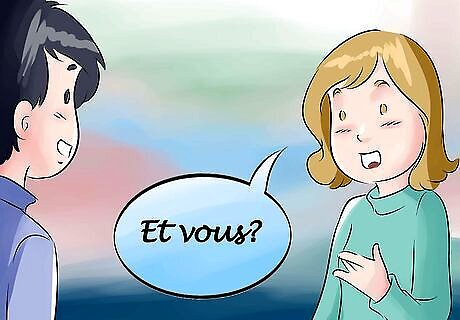
Politely ask, "Et vous?" This question can be used to ask someone how he or she is after that person asks you first and you have given your response. Et means "and." The question literally translates into, "And you?" You can use this question with anyone and in any situation, but it is especially used in formal situations or with strangers and elders.

Ask friends and family, "Et toi?" This question is also used to ask someone how he or she is after that person has asked you first. Toi is an informal way of saying “you.” This question is used in casual, informal settings. Only use it with friends and family. Use "et vous?" in a more formal setting.















Comments
0 comment